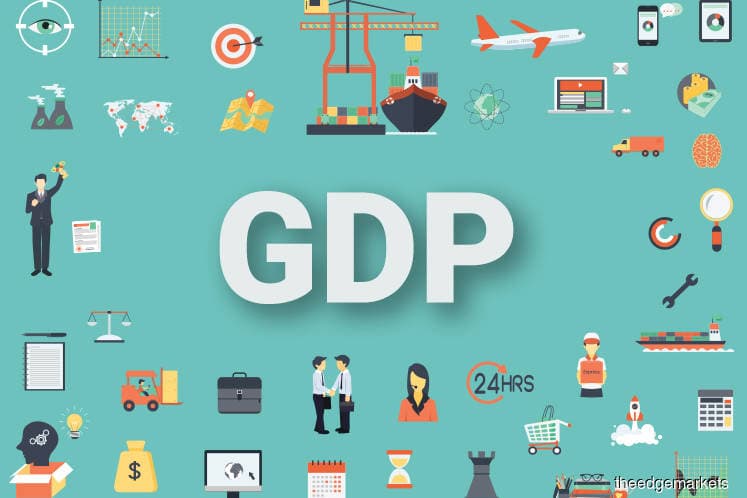
This article first appeared in The Edge Financial Daily on September 26, 2018
KUALA LUMPUR: Local think tank Socio-Economic Research Centre (SERC), who is expecting Pakatan Harapan-led government's maiden federal budget to be “lean and mean”, has again cut its forecast gross domestic product (GDP) growth for the country, this time to 4.8%.
It is its second downward revision of 2018’s growth. It earlier revised its forecast for the year to 5.2% from the original 5.5%.
Speaking to reporters during a briefing on its third quarterly economy tracker yesterday, SERC executive director Lee Heng Guie said the downward revision took into account the sharp moderation in GDP growth in the second quarter — which led to an average 4.9% growth in the first half of the year — besides the implications of deferment or cancellation of mega infrastructure projects for private investment, and spillover impact from the escalating Sino-US trade dispute.
The think tank has also lowered its 2019 growth forecast to 4.7% from 4.9% previously. Lee said further estimate revisions will be done after the tabling of Budget 2019, which is slated for Nov 2.
Lee said Budget 2019 is likely to be centred on subsidy rationalisation, including that of fuel, and cost savings on procurement, as part of measures to lower expenditure.
“Despite some cuts and rationalisation expected in government spending, the budget deficit will be slightly higher than 2.8% this year, mainly due to lower revenue collection.
“Taking into account the external environment and domestic constraints, in terms of revenue and the need to control government debts and liabilities, I believe Budget 2019 will be quite lean and mean, but [it will] not [be] to the extent of significantly dampening the economy,” he said, adding corporate tax and personal income tax rates are not likely to be reduced.
Lee is, however, of the view that certain proposed taxations to diversify revenue collection, such as capital gains tax on share transactions and inheritance tax, may eventually prove to be less effective.
He thinks the former may prompt investors to marginalise Malaysian equities as other markets appear more attractive to them. In the latter, he said tax efforts and administrative costs may outweigh the amount of revenue collected, making it a poor source of revenue; it also does not properly address income inequality.
Instead of new taxes, Lee suggested that an independent panel be established to review the cost of doing business, streamline regulatory practices and compliance costs.
Lee said Budget 2019, which is expected to provide greater clarity on domestic policies including the status of ongoing and new projects, will be important in steering the direction of the country and sustaining the growth of private investment. SERC expects private investment to grow by 3.9% this year and 4.1% in 2019.
In terms of exports, SERC expects it to grow by 6.5% this year, and 5.9% in 2019, versus 18.9% in 2017, amid the heightened risk of trade tensions between the US and China.
Headline inflation will likely trend higher from the estimated 1.3% this year to 2%-2.5% in 2019, but will still be lower compared with 2017’s 3.7%. This follows the reintroduction of the sales and services tax on Sept 1, higher minimum wage increases and the possible rationalisation of fuel subsidy for targeted groups. Lee also suggested that a “fair price” label for retailers be introduced.
On the ringgit, Lee said SERC is bearish — at least until the first half of 2019 — due to pressure on emerging markets’ currencies on large capital reversals induced by the prospects of a higher US interest rate, and a stronger US dollar.
“However, there is a counteracting strength that supports the ringgit — the strong fundamentals, clarity of policies, fiscal and debt path, as well as the affirmation of Malaysia’s sovereign ratings,” he added.
SERC forecasts the ringgit to trade at RM4.15 against the greenback until end-2018, and hover between RM4.05 and RM4.10 in the first half of next year, before improving to around RM3.95 by end-2019.
The ringgit, at press time, was trading at RM4.1372 against the US dollar, after having weakened 2.15% year to date.